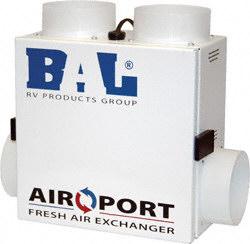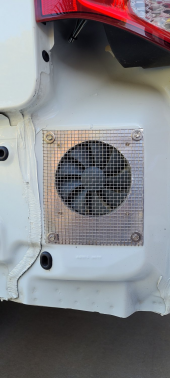Like this night - started out with 85 - turned on the A/C - ran it for about 2 hours - then it cooled of enough so that I didn't had to use anymore.
The alternator is my backup power source of charging. I drive every other day anyhow. I hardly stay more then 48 hours in one place.
When we got into the summer - just hanging out somewhere with power or driving somewhere cool.
I don't stay somewhere where the nights stay above 80.
My express Van got the heavy duty A/C option from the passenger Vans- it does a fabulous job at keeping the box cool at idle. I've used it a few times during the day to cool of. Just gobbles a lot of fuel.
Totally different scenario. I'm using my minivan camper as a beach beater year round for day trips and over night / long weekend trips, also in Florida. Up to 95 F days, 85 F nights, high humidity, no power hookups (staying right on the beach).
I don't even try to use a solar powered AC, it won't last long enough to make a difference.
Guten Tag.




